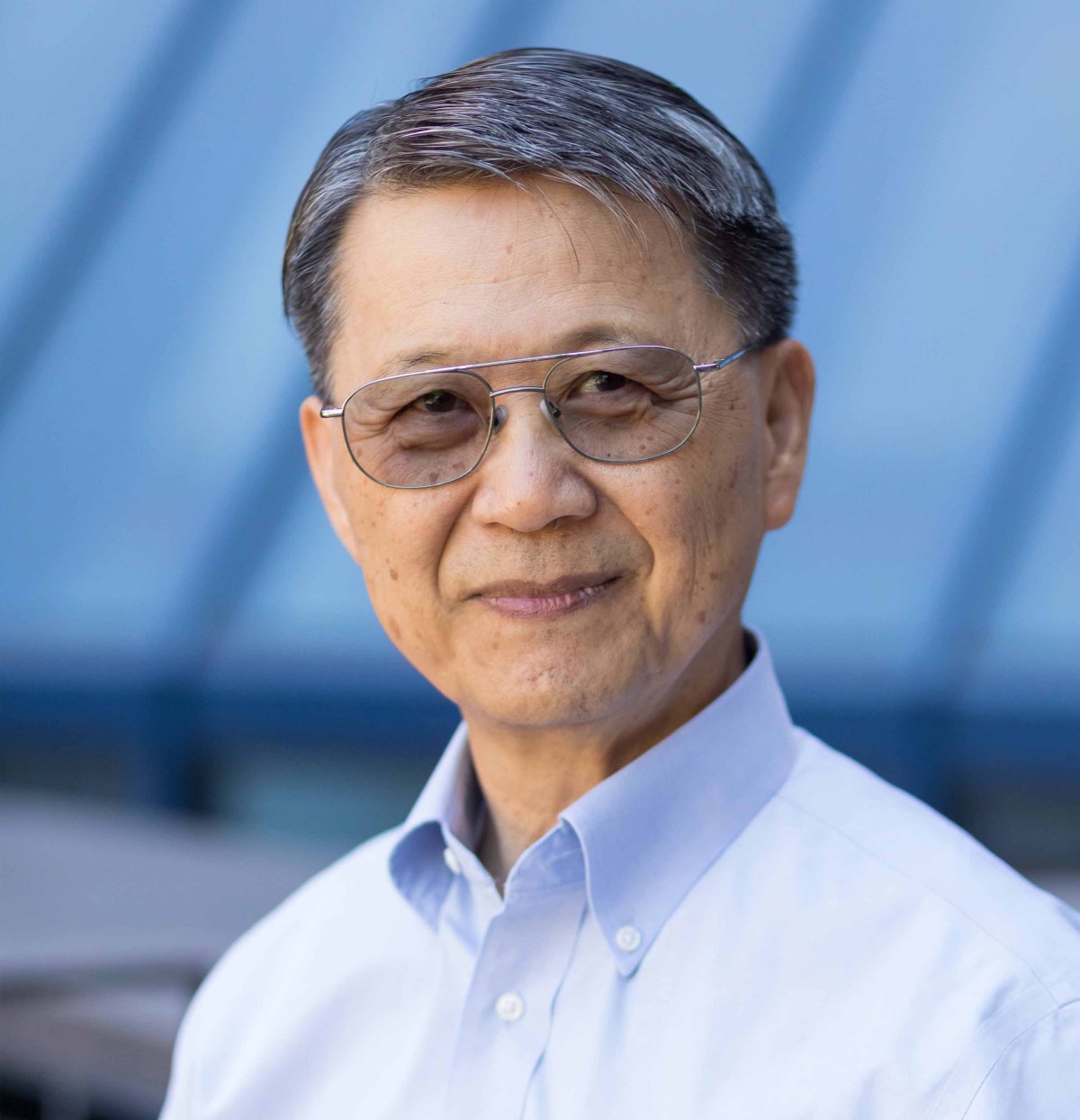My research interests encompass cell engineering, tissue engineering and metabolic engineering. The emphasis is on the application of systems analysis to biochemical and cellular systems and on the incorporation of physiological insight into the quantitative modeling of biological reactions. The systems employed include mammalian cells, differentiated tissue cells and microorganisms. Current research efforts emphasize employing genomic and proteomic tools in those research projects and exploring nobel modeling approaches for quantitative description of cellular processes..
A research project on mammalian cell culture focuses on the relationship between physiological regulation and global gene expression. Our research has allowed us to control energy metabolism to reduce waste metabolite accumulation and to increase the productivity and product quality. Currently, genomic and proteomic tools are used to unveil the control of cellular structure and physiological characteristics important to process. Our genomic effort has created a large collection of expressed sequence tabs (ESTs) of Chinese hamster ovary cell (CHO), the economically important cells most widely used in the production of therapeutic proteins.
Work on tissue engineering encompasses stem cell renewal and the development of adult and embryonic stem cells to liver cells. Focuses are on the in vitro formation of liver tissue-like spheroids from stem cell derives liver cells and on the regulation of stem cell renewal and differentiation.
For work on metabolic engineering, gene array and mathematical modeling are applied to eludicate the regulatory hierarchy of gene controlling antibiotic biosynthesis in Streptomyces. Mutants with gene deletion and with reporter genes are created for exploring the regulation of the spatial and temporal dynamics of gene expression.
The Hu Group Homepage
Support Wei-Shou Hu's Research

